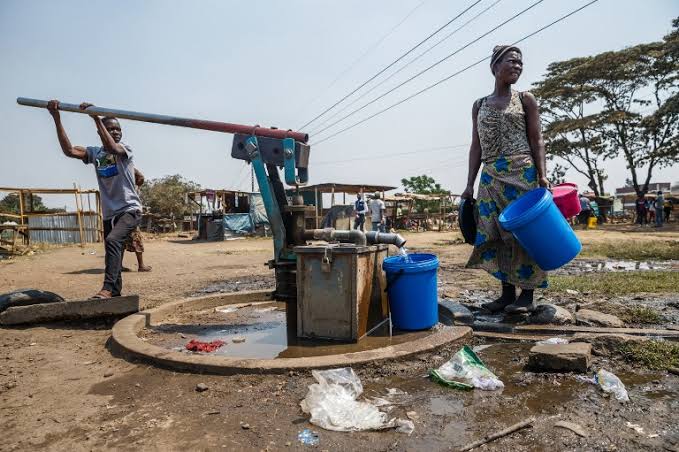
The mayor of Harare, Zimbabwe’s capital, has announced a state of emergency on Friday, as a cholera outbreak has killed dozens of people and infected thousands more across the country.
Harare, home to 1.5 million people, is one of the worst-hit areas by the disease, which has spread to all provinces of the southern African nation.
“We have declared a state of emergency because the situation is now very bad,” Mayor Ian Makone told AFP. “The disease is spreading across the city.”
According to the health ministry, Zimbabwe has recorded more than 7,000 suspected cholera cases and almost 150 deaths, of which 51 have been confirmed by laboratory tests, since the outbreak was reported in February. At least 12 people have died in Harare.
Cholera is caused by a bacterium that is usually transmitted through contaminated food or water. It causes severe diarrhea and dehydration, and can be fatal if left untreated.
The outbreak has been fueled by poor sanitation and water supply in Zimbabwean cities, where infrastructure has deteriorated due to years of neglect. Makone said that some residents have resorted to digging wells near pit latrines, especially in informal settlements and suburbs that lack running water. “This means their drinking water is contaminated,” he said.
READ MORE: ECOWAS Observers Call for Prompt Release of Liberia’s Run-Off Results
The current outbreak has reminded some officials of the 2008 cholera epidemic, which claimed at least 4,000 lives and sickened at least 100,000 people in Zimbabwe. That outbreak occurred amid the country’s economic collapse, when most public hospitals were shut down due to lack of medicines and staff.
Makone said that local authorities, the health ministry and aid groups have teamed up to increase the water supply in affected areas and raise awareness among the public. He urged people to practice good hygiene and seek medical attention if they experience symptoms of cholera.
Earlier this year, the United Nations said that cholera has seen a global resurgence since 2021 after a decade of steady decline. The UN warned that climate change, urbanization and population growth could worsen the situation.








Leave a Reply